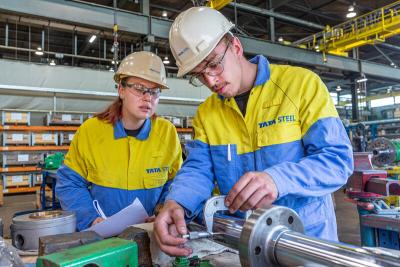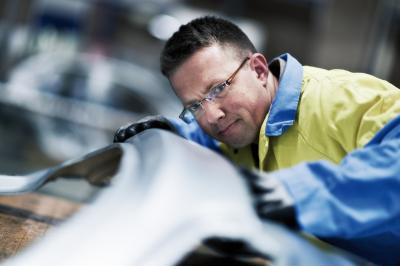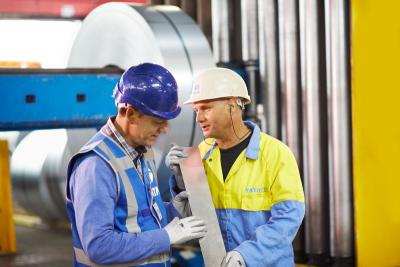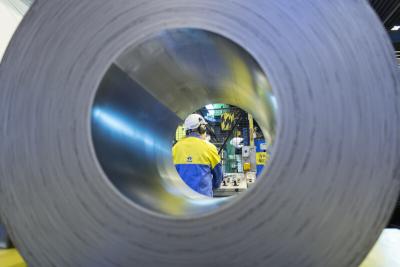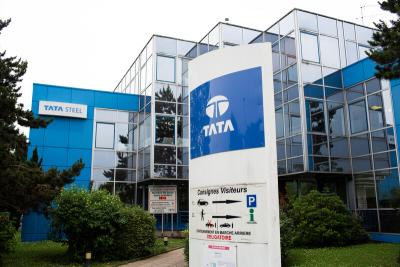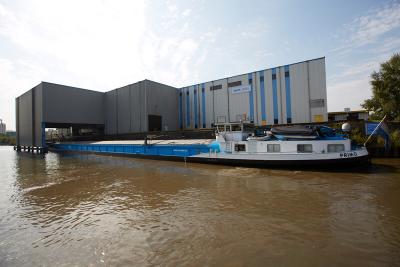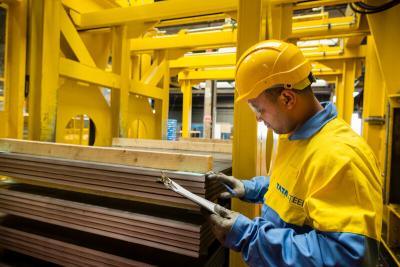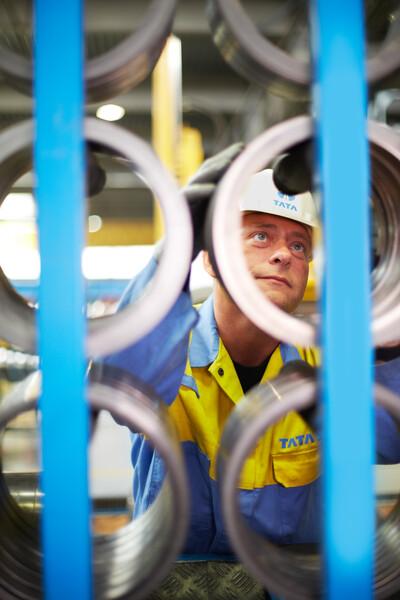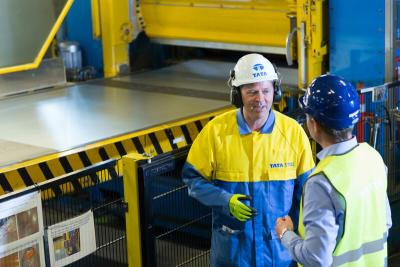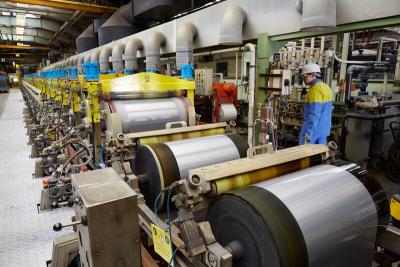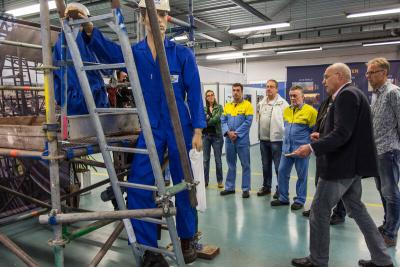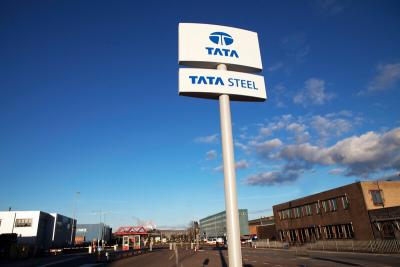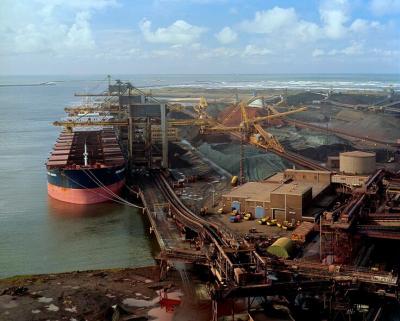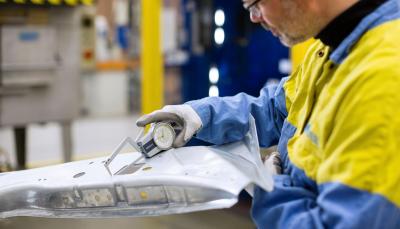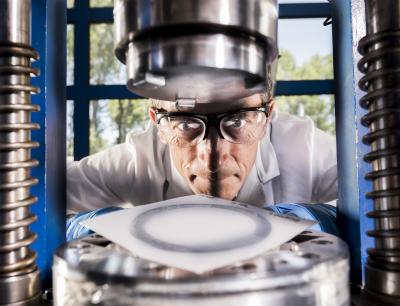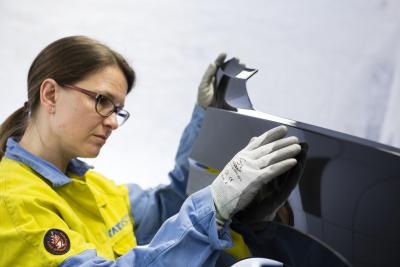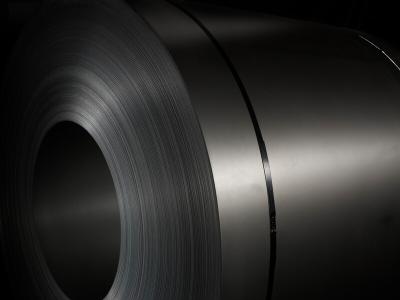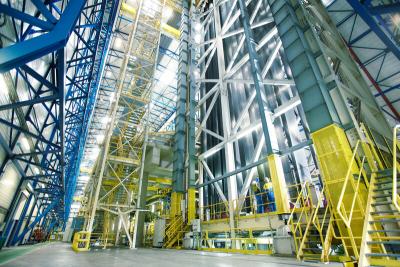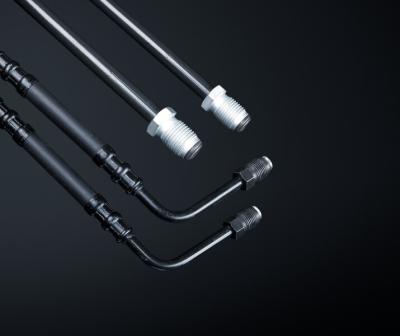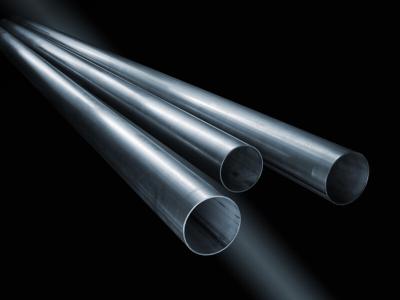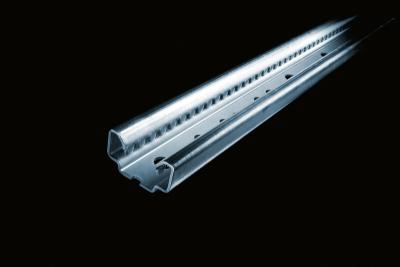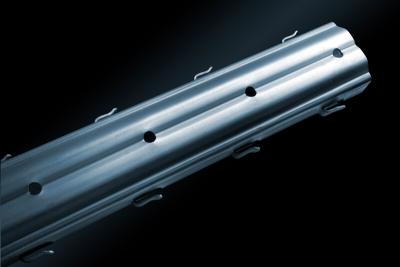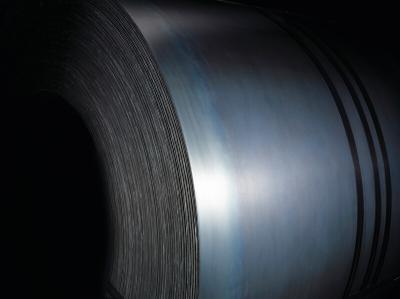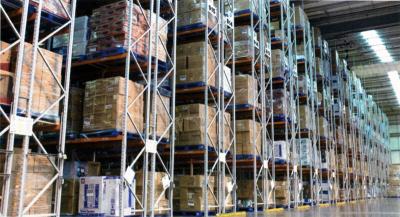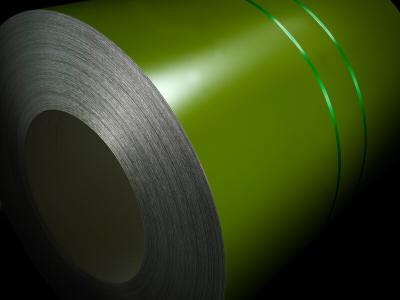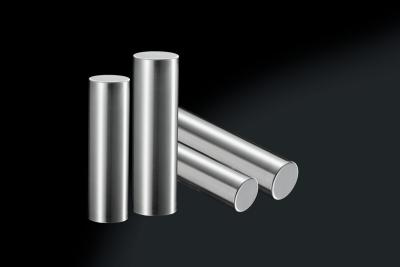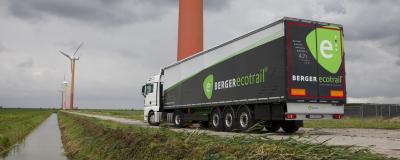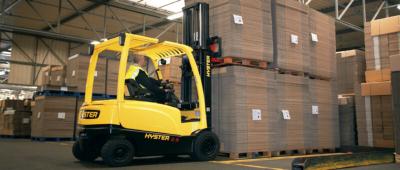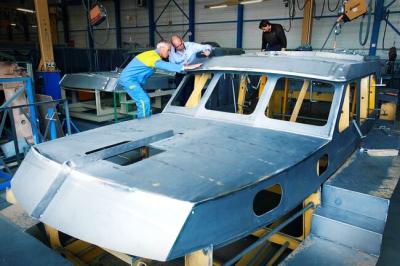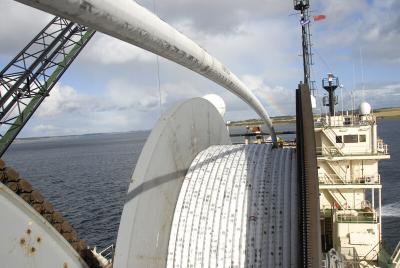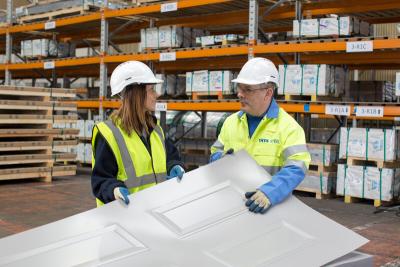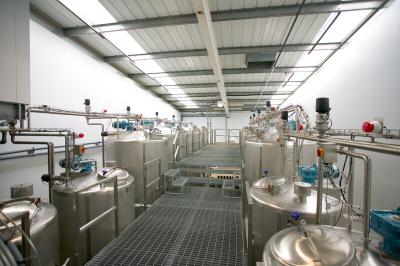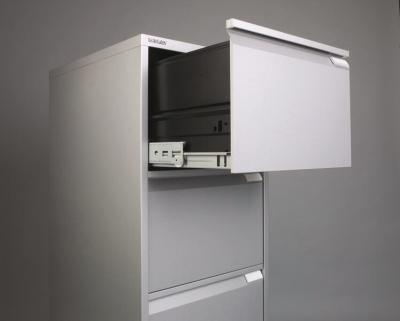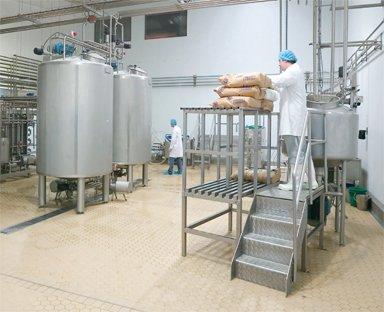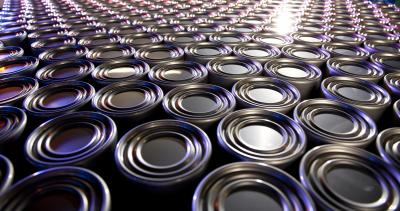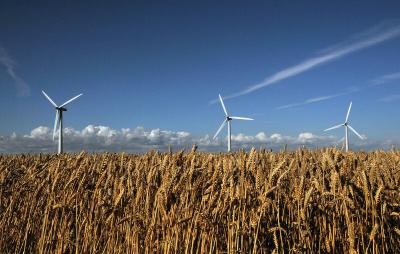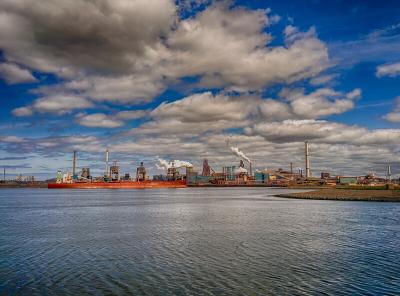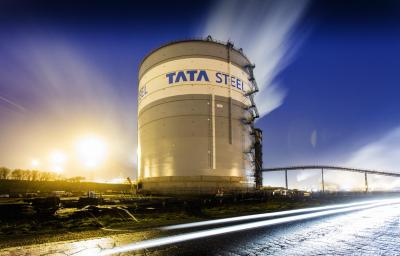Polling1 published by UK Steel today, as part of a new report setting out the policies priorities of the sector, confirms the UK public stands firmly behind the UK steel sector and remains overwhelmingly supportive of policies needed to deliver a strong and sustainable sector.
- 78% of UK public consider steel to be a strategically important product that should be produced here in the UK2
- 68% of the UK public thinks that public infrastructure projects should prioritise the use of UK made steel wherever possible.3
- 70% of the UK public think that the government should intervene to provide competitively priced electricity to the UK steel industry.4
- 64% of the UK public thinks that maintaining domestic steel production should be an explicit trade policy priority for the UK, including the introduction of tariffs to shield against dumping of products subsidised by governments elsewhere5
UK Steel’s new report: “Future of UK Steel - Five Steel Sector Priorities for a New Government” sets out the major reasons why a domestic steel sector remains crucial to the success of the UK and details the long-term policies that are necessary to deliver a strong steel sector in the UK.
In writing to Government ministers this week with a copy of the report, UK Steel has called for:
- Competitive electricity prices to attract inward investment and ensure steel can be produced at a competitive cost in the UK
- A net-zero steel strategy to deliver a modern, green, steel sector by 2050
- A level trading field to ensure UK steel producers are adequately protected against dumped and subsidised imports of steel and can trade on an equal basis with our major trading partners
- Use of UK produced steel in public infrastructure, ensuring taxpayer money is spent in support of UK jobs and economic growth
- Creation of a UK steel innovation fund using the £200 million in industry money returned from the EU Research Fund for Coal and Steel as part of the Brexit deal.
Commenting on the poll findings and the publication of the report, UK Steel Director General, Gareth Stace, said:
“This report demonstrates what we in the steel industry have always instinctively known, that the great British public understands the strategic importance of UK made steel and knows it is critical to the success of the country that we continue to make it within our own borders. Beyond this, the public understand what is necessary to ensure sustainable steel production here in the UK and want to see the government take action to deliver it.
“For a long time, the UK steel industry often felt like successive governments had little interest in it and were content to see it gradually decline whilst we became more and more reliant on imports from overseas. The British public have always instinctively felt this was a risky bet on the future and global events over the last few years have shown them to be right.
“I am pleased to say the government and politicians from all parties do increasingly understand this and we have started to see progress on critical long-standing policy asks not least in relation to electricity and on taking robust action against unfairly traded steel products. With the publication of this new report, we urge the new government to continue to move forward on these issues and ensure the foundations are laid for a sustainable and prosperous steel sector.''
ends
About UK Steel: UK Steel is the trade association for the UK steel industry. It represents all the country’s steelmakers and most of downstream steel processors.
UK steel in numbers:
- Produces 7.2 million tonnes of crude steel a year, around 70% of the UK’s annual requirement (annual demand of 10.5MT)
- Employs 34,500 people directly in the UK and supports a further 43,000 in supply chains
- The median steel sector salary is £37,629, 45% higher than the UK national median and 59% higher than the regional median in Wales, and Yorkshire & Humberside where its jobs are concentrated
- Makes a £2.4 billion direct contribution to UK GDP and supports a further £3.1 billion Makes a £2.4 billion direct contribution to the UK’s balance of trade
- 96% of steel used in construction and infrastructure in the UK is recovered and recycled to be used again and again
__________________________________________________
1 Survey of 1,500 adults conducted w/c 22.08.2022 by Stack Data Strategy.
2 Excluding “don’t knows”. 78% agreed with the statement that “Steel is a strategically important good, critical to construction, manufacturing and defence. It is important that the UK makes its own steel” This compared to 22% of respondents who agreed with the statement “Steel is a good like any other. There is no particular reason it should be produced in the UK as we can always import from major producers”
3 Excluding “don’t knows”, 68% of respondents agreed with the statement that “Taxpayer funded projects should prioritise the use of steel made in the UK wherever possible because it helps to support UK jobs and economic growth.”. This compared to 32% that agreed with the statement “Taxpayer funded projects should not prioritise steel from any individual country, provided it meets the requirements and is the lowest cost possible”
4 Excluding “don’t knows”, 70% of respondents agreed with the statement that “If energy costs more in the UK than elsewhere, government should follow the example of other countries and exempt steelmakers from certain costs, such as carbon taxes, to ensure we continue to make steel in the UK”. This compared to 30% that agreed with the statement “The steel industry should pay the same for energy as everyone else, even if that means we don’t produce steel in the UK anymore”
5 Excluding “don’t knows”, 64% of respondents agreed with the statement that “Ensuring the UK can continue to produce steel should be a priority for trade policy, including introducing tariffs, if needed, to limit steel imports from countries whose governments subsidise their steel industry.” This compared to 36% that agreed with the statement “The steel industry is no more important than any other industry. We should pursue a trade policy that focuses on removing all barriers to trade, regardless of what this means for the long-term viability of steel production in the UK''
About Tata Steel UK
- The Tata Steel Group has been named one of the most ethical companies in the world, and is among the top producing global steel companies with an annual crude steel capacity of 34 million tonnes.
- Tata Steel in the UK has the ambition to produce net-zero steel by 2050 at the latest, and to have reduced 30% of its CO2 emissions by 2030.
- Tata Steel is the largest steelmaker in the UK with primary steelmaking at Port Talbot in South Wales supporting manufacturing and distribution operations at sites across Wales, England and Northern Ireland as well as Norway, Sweden, France and Germany. It also benefits from a network of international sales offices around the world.
- Tata Steel employs more than 8,000 people and has an annual crude steel capacity of 5 million tonnes, supplying high-quality steel products to demanding markets, including construction and infrastructure, automotive, packaging and engineering.
- Tata Steel Group is one of the world's most geographically-diversified steel producers, with operations and a commercial presence across the world.
- The Group recorded a consolidated turnover of US $32.83 Bn in the financial year ending March 31, 2022.
Follow us




